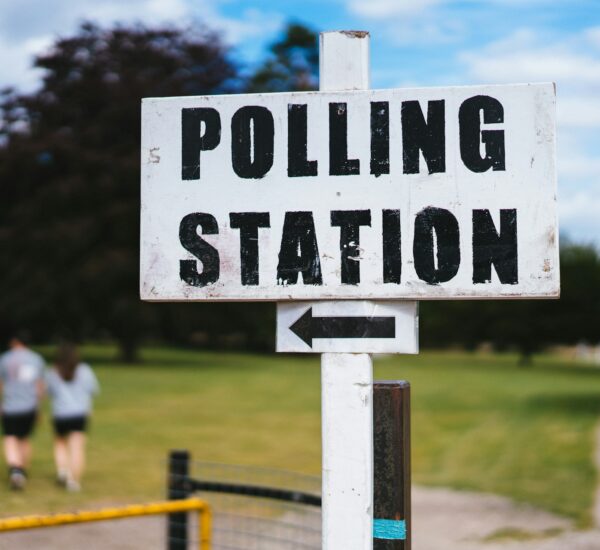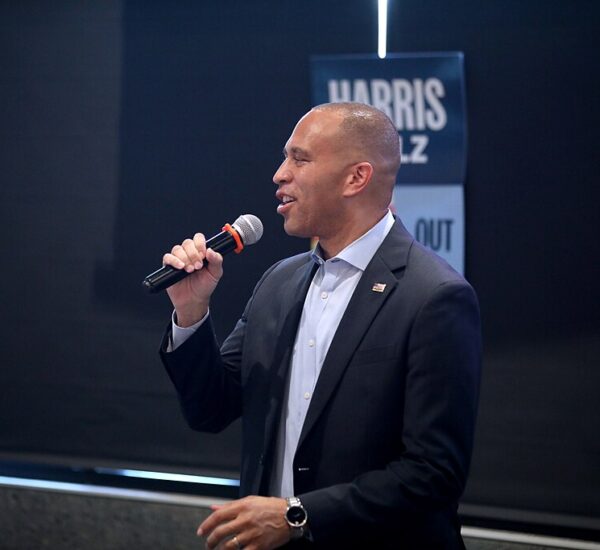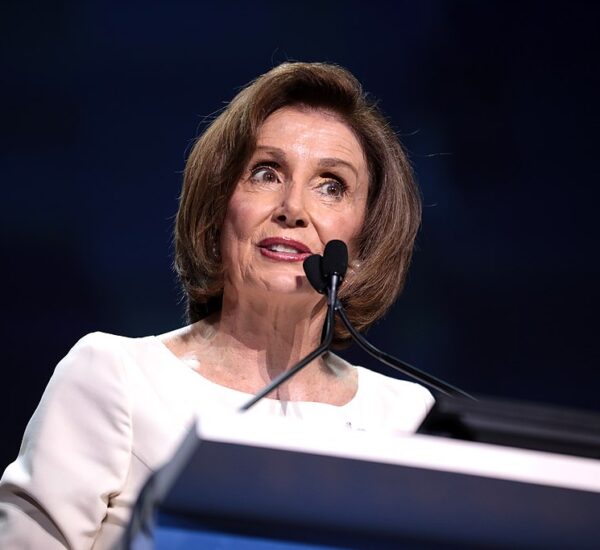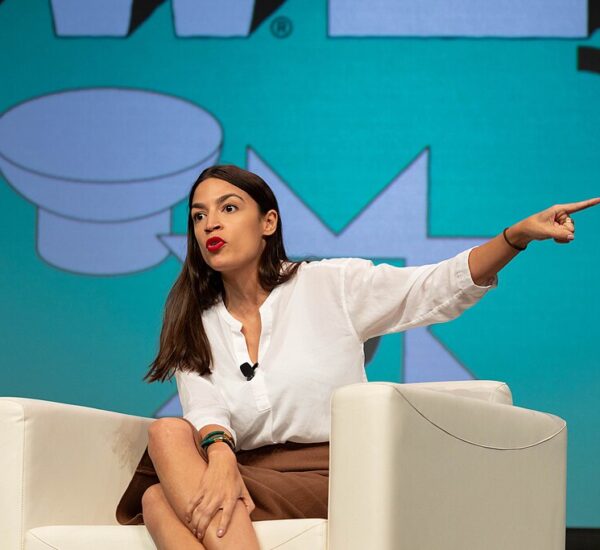Bill Gates Calls Out Elon Musk
Billionaire Bill Gates recently made headlines with his comments about Elon Musk’s growing involvement in global politics. In an interview with The Times, Gates criticized Musk’s political activities, specifically his support for far-right movements. Gates accused Musk of pushing an agenda that aligns with the right wing but expressed disapproval over his support for figures like Nigel Farage, the leader of the UK’s Reform Party, suggesting that Farage isn’t “right wing enough.” Gates also pointed out Musk’s support for Germany’s Alternative for Germany (AfD), calling it “insane” to promote such political shifts on a global scale.
Musk, known for his outspoken views and immense influence, has increasingly inserted himself into international politics. He recently attended a rally for the AfD in Germany, where he made bold remarks about national pride. Musk told the crowd that Germans should take pride in their heritage, stating, “It’s OK to be proud to be German.” This sentiment, which calls for Germans to “move beyond” the guilt of past generations, reflects his broader populist message, which has resonated with many right-wing voters.
This is not the first time Musk has stirred controversy with his political opinions. Earlier, he criticized Farage’s leadership of the Reform UK party, suggesting the politician wasn’t far-right enough. Musk’s social media presence, often filled with sharp political commentary, also included calls for the release of far-right activist Tommy Robinson, sparking further debate.
For Gates, Musk’s influence is problematic. While Gates acknowledges Musk’s intelligence, he argues that such powerful figures should be more thoughtful in how they engage with politics. Gates worries that Musk’s brand of populist rhetoric is “stirring” division, rather than contributing to meaningful dialogue.
With Musk’s growing political footprint, it’s clear that his involvement in shaping global political discourse will continue to be a source of tension, especially among more moderate voices. The question remains: will his populist appeal shift the balance in European politics, or will it further divide an already polarized political landscape?






